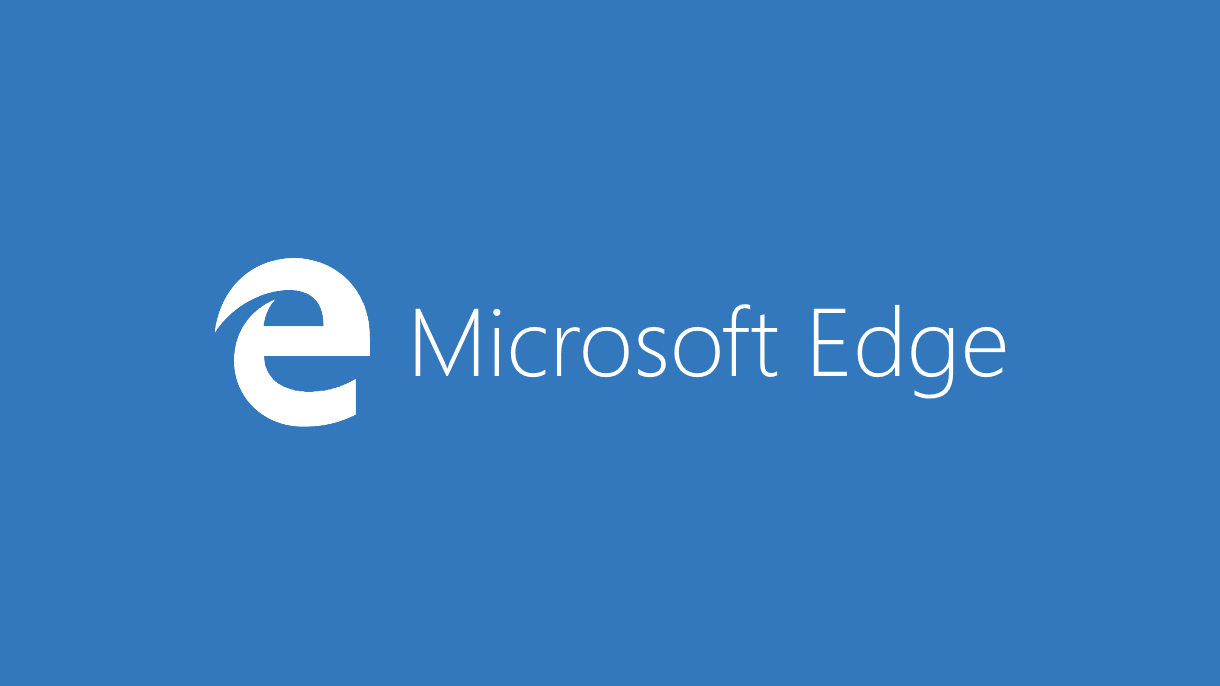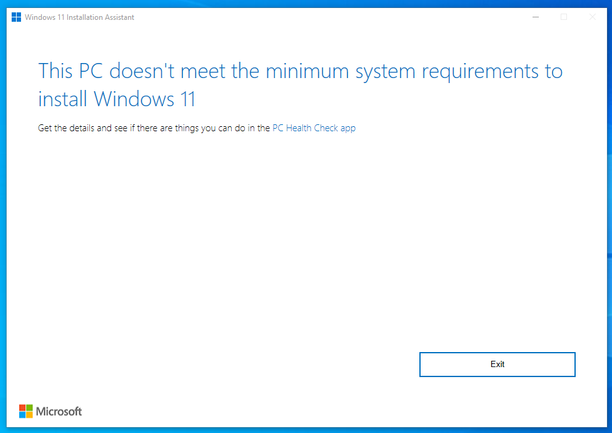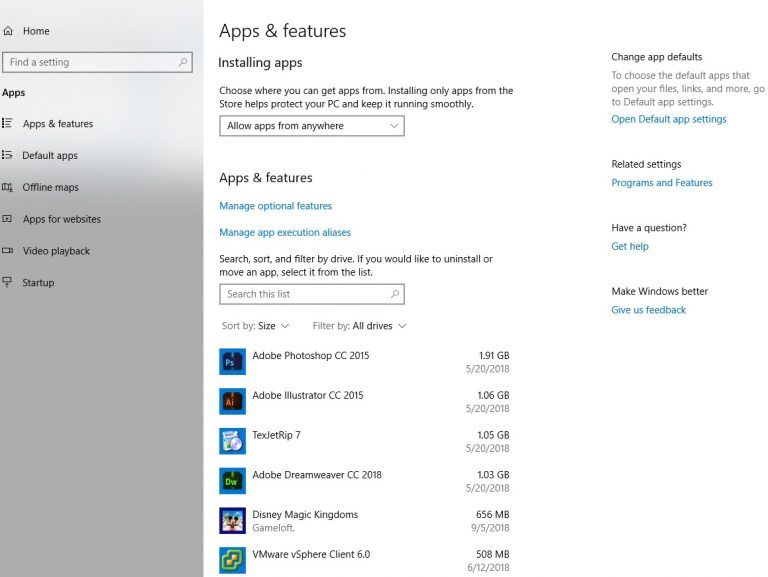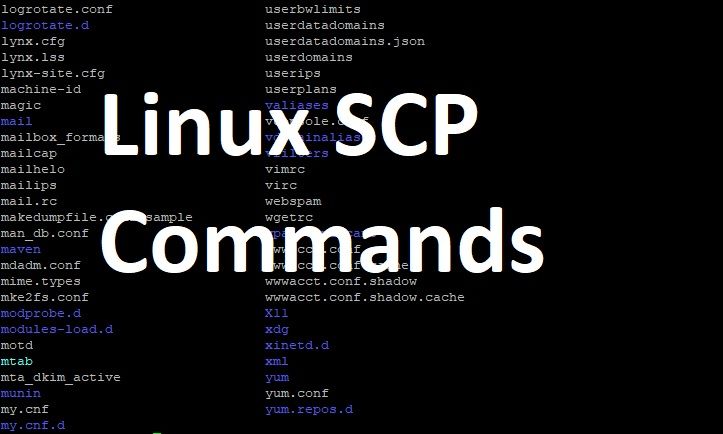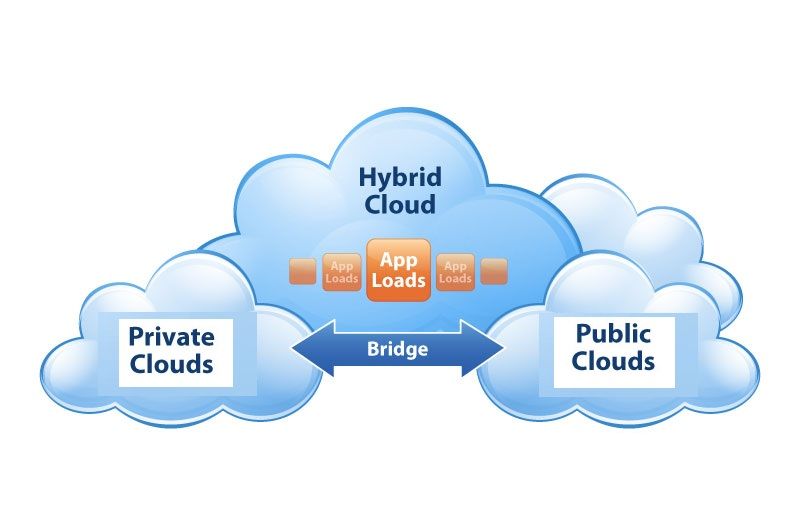
hybrid cloud
Many businesses are now migrating towards hybrid cloud computing to authorize a firm control and maintain adequate levels of visibility and enjoying heaps of benefits that the technology brings. Many enterprises are expected to move towards hybrid cloud model in coming years to exercise some definite control over the infrastructure. But what hybrid cloud actually is?
Defining hybrid cloud computing
Hybrid cloud is a kind of cloud computing model that utilizes a blend of in-house, private cloud and public cloud solutions. It allows the functions and operations to migrate between the public and private cloud computing according to the changing trends in the requirements and costs. Hybrid cloud computing model offer businesses increased flexibility and bunch of options for deploying data. Hybrid cloud technology is winning over other models and the reasons for this are quite valid.
The rise and popularity of hybrid cloud computing
With a rapid increase in the adoption of cloud technology, many benefits of the private and public cloud platforms have emerged. Public cloud technology offers businesses the opportunity to utilize affordable and cost effective services for an easier migration to cloud technology. Private clouds were designed on premises to benefit from the technologies that made the public cloud platform highly popular among enterprises. But this sometimes doesn’t work for entrepreneurs and small businesses. Hybrid clouds emerged as a result of data centers progressions towards the cloud technology. Many IT specialists were not convinced about migrating towards cloud technology due to the many security and control issues. But today, the game has changed. Research now suggests that the hybrid cloud market will grow to around eighty four billion dollars by year 2019.
What is Hybrid Cloud?
The significance of hybrid clouds
Hybrid clouds owe their popularity to the benefit of providing typical cloud environment features including security, networking, integration, and management in a kind of internal environment. With such technology, businesses can now begin with on-premises computing, bring external cloud technology, and reverse and replace those technological resources with new IT infrastructure or continue utilizing the current cloud computing resources to create balance between management and security. Hybrid computing combines the benefits of public and in-house clouds allowing enterprises to benefit from low cost and flexible cloud solutions and services.
The most attractive thing about hybrid cloud computing is that it can be utilized in many areas other than networking, management, security, and integration. It’s a great medium to supplement organization’s IT departments who are not in a position to afford latest expensive infrastructure.


